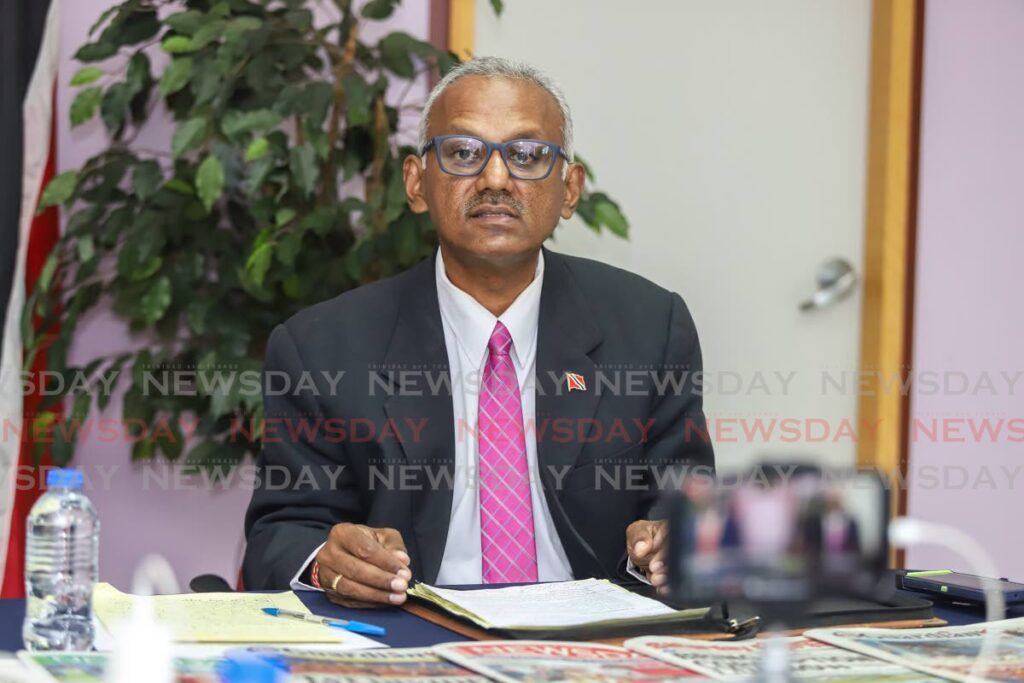Questioning media access

EVEN DURING the best of times, there will always be tension between a government and the media.
Politicians are in the business of winning votes. Journalists are in the business of seeking truth and providing scrutiny. Both are in the business, too, of serving the people. But the way they go about their duties could not be more different.
Whereas public affairs in this country are often shrouded by a culture of secrecy, media houses rely on the principles of transparency and accountability to function.
So, it is little surprise that, yet again, a sitting prime minister and the media are at odds with one another.
What is surprising, however, is that the current impasse is about a matter as rudimentary as accreditation and access to media conferences at the Prime Minister’s Residence and Diplomatic Centre, St Ann’s.
The Prime Minister is completely correct to suggest, as he did on Monday night, that it cannot be a free-for-all.
The suggestion put forward on Sunday by Opposition Couva South MP Rudranath Indarsingh for all media houses to always be admitted to events is simply unworkable.
Freedom of the press is a constitutional right in this country, but it is not absolute. It may be qualified by certain considerations that are in the best interest of all.
Nor is the process of accreditation itself a sign of the emergence of a “full-fledged dictatorship,” as hyperbolically suggested by Mr Indarsingh.
But if there cannot be a free-for-all in relation to media houses, the same applies to how a government treats the media fraternity.
Governments should not act arbitrarily when it comes to basic issues such as accreditation, access, pool reporting and media engagement. So doing leaves room for mistrust and for the perception of favouritism.
There should be clear and transparent rules, consistently applied, in relation to coverage of state events. Such rules should be worked out with the involvement of stakeholder groups such as the Media Association of TT, the TT Publishers and Broadcasters Association and as wide a cross-section of the media community as possible.
It’s not just good enough to, on a whim, question the bona fides of a journalist just because they happen to work as a blogger or for a smaller organisation.
Such an approach ignores the enormous change in the media the world over, which has seen the rise of entirely virtual publications, an explosion of radio stations, and a landscape in which social media have, for better or worse, had an impact.
And it is not just governments that need to act appropriately.
The media always fall in the cross hairs of opposition parties, too, as such parties are never satisfied with reporters who do not share their positions. The fact that both sides often have to do better is a rare matter on which they are actually united.

Comments
"Questioning media access"